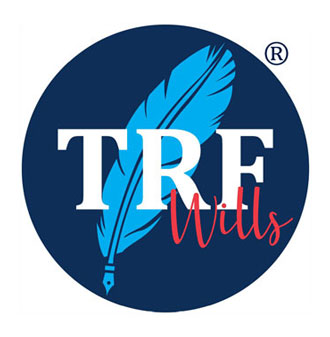
What is the difference between owning a property JOINTLY with another person, and JOINTLY as TENANTS IN COMMON?
If you own a property JOINTLY with another person, regardless of whether you have a Will or not, in the event of either death, the survivor inherits the deceased’s share of that property.
If you own a property JOINTLY as TENANTS IN COMMON, each party can then choose who should inherit their respective share of the property in the event of their death.
In each case, joint ownership can involve more than 2 co-owners.
Why is this so important?
If a property is owned jointly and owned by two estranged spouses, each spouse may wish for their children rather than their spouse to inherit their share of the property. Also, if two co-owning spouses are not estranged, they may still wish to protect their respective shares of the property in case they die and their surviving spouse remarries. If for any reason their surviving spouse subsequently dies without a valid Will, that surviving spouse cannot then accidentally pass both shares of the property to their new spouse, rather than their children. The first deceased co-owner can guarantee the ultimate beneficiaries (usually children) of their share of the property after the subsequent death of their co-owner. In either event, this would be best served by owning a property JOINTLY as TENANTS IN COMMON. (The surviving co-owner would usually continue to benefit from their deceased co-owner’s share of the property until either their subsequent death, or the sale of the property if earlier).
Conversely, if two business partners own a property, they may each wish for their respective shares of the property to pass to each other in the event of either death, as the property is a business asset, rather than their family members. Without care, in the event of either death, the survivor may subsequently co-own the property with family members of the deceased, and those family members may wish to sell the property against the wishes of the surviving co-owner. This is best avoided by owning the property JOINTLY. (The co-owners of the property would still need to consider having an agreement in place to compensate a deceased’s co-owner’s family members for the value of their shareholding in the property).
In the case of property ownership as JOINT TENANTS IN COMMON, it is also advisable to ensure that each co-owner has a valid Will. This ensures that there is a legally binding intention as to who should inherit each share of the property in the event of either death, and when.
TRF can establish how you currently co-own a property for a maximum fee of £5.00 per property (NO VAT). We can also convert from one form of joint ownership to the other WITHOUT COST if you use any of our other services, or £30.00 (NO VAT) if you do not.
Please refer to our TRFWills Home Page or Wills pages for further information.


 TRF Wills (TRF) was created by Michael Cotterill in 2005. He is a member of the Society of Will Writers and registered with the Information Commissioner’s Office.
TRF Wills (TRF) was created by Michael Cotterill in 2005. He is a member of the Society of Will Writers and registered with the Information Commissioner’s Office.